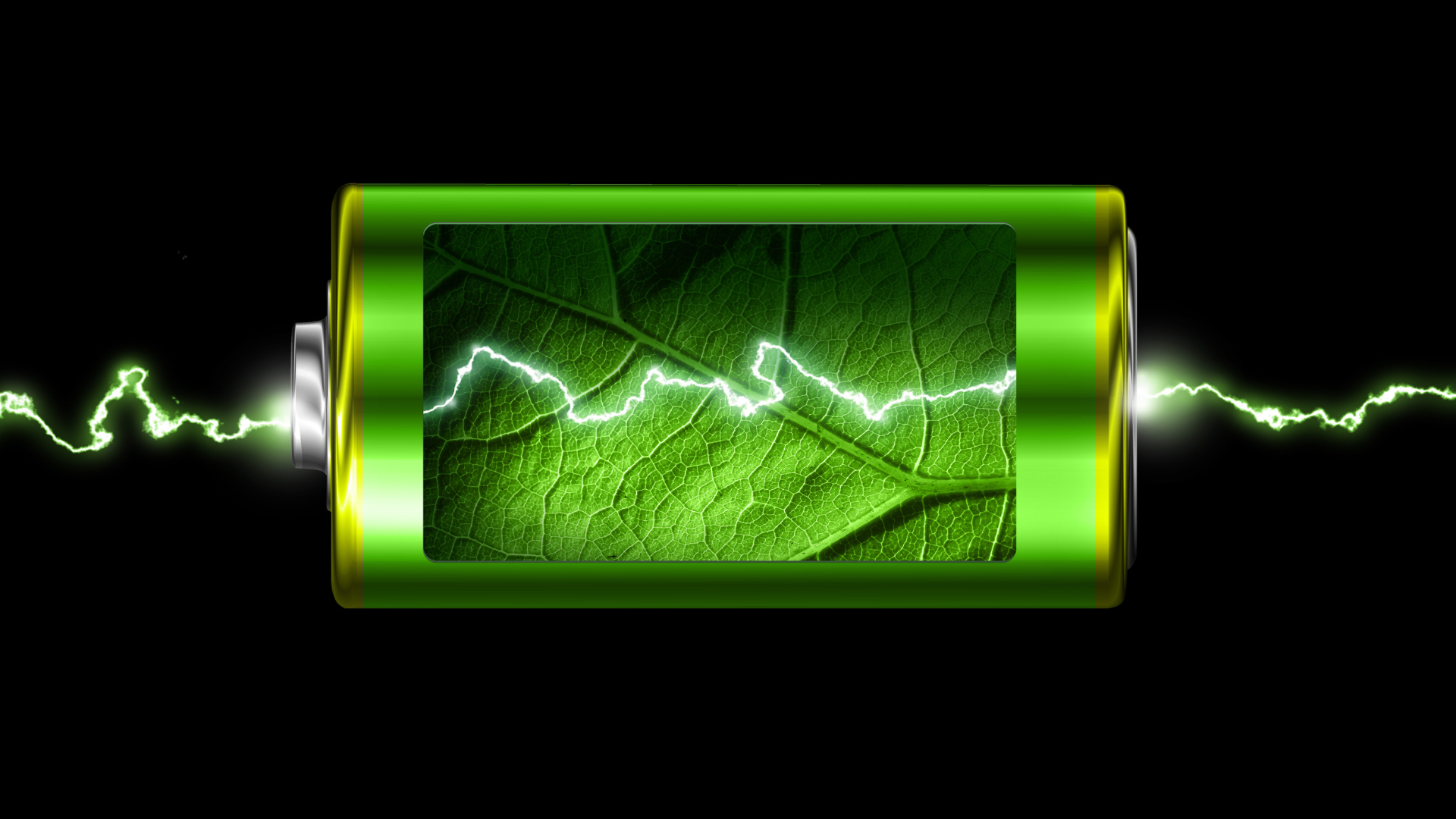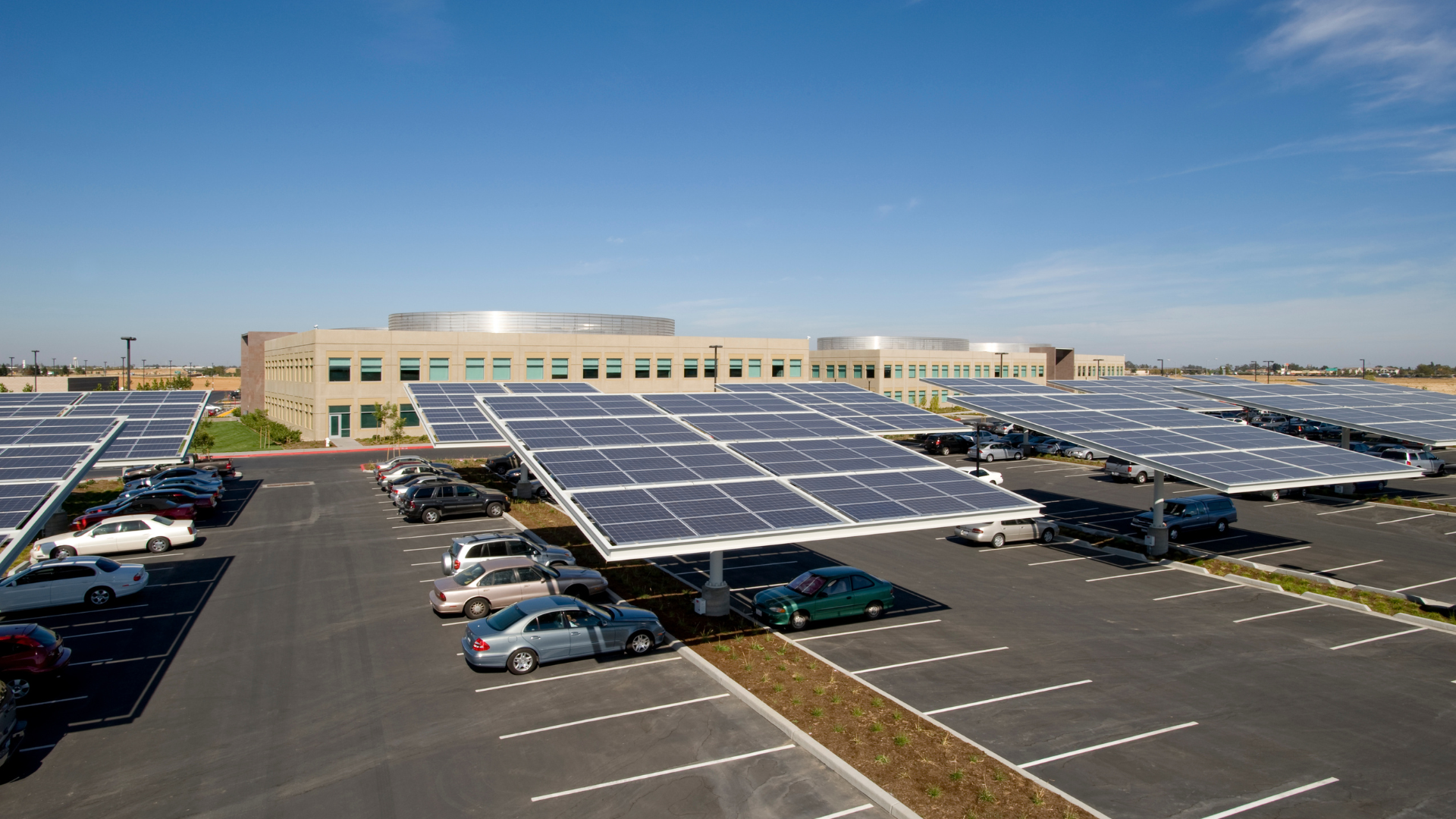Clean energy is more readily available during the daytime, but challenges must be overcome to charge vehicles during those hours
The practice of charging the EV overnight is understandable. Owners drive the car to work and run errands during the day. Then, they recharge the vehicle overnight to take advantage of the hours spent asleep. But the trouble is that electricity used at night typically comes from fossil-fuel sources extracted by dirty power plants, while the availability of alternative sources like solar and wind peak during the daytime.
A recent study from a team of Stanford University scientists investigated the impact of charging behavior in the western U.S. They found that if EVs gain their expected market share, and if consumers continue their current charging habits, America's peak electricity demand will increase by up to 25% in just over a decade. In fact, other studies estimate that accelerated household electrification and the adoption of EVs will cause electricity demand to increase 40%-50% by 2030.
These charging woes will become an even bigger problem over the next decade because interest in EVs is growing. Deloitte found that 8% of Americans considered purchasing fully electric vehicles in 2022, a 35 year-on-year increase. And many vehicle OEMs have announced significant or wholescale conversion to electrification vehicle platforms, such as Volvo and GM.
If people keep charging their cars at home during the night, energy demand during this peak timeframe will grow and we will require more fossil fuels than would be desired. On the other hand, by being more diligent about using electricity during the day, when cleaner electricity is more available, energy use may stabilize because drivers continually top up their EVs during the day.
The major obstacle to this lifestyle shift is that the only reliable place for EV users to currently charge their cars is at home. EV owners are relegated to a few charging stations that are sprinkled around and not ubiquitously available to conveniently charge their vehicle during working hours, leading to charging anxiety.
JD Power's second annual U.S. Electric Vehicle Experience Public Charging Study from 2022 did not mince words when it said the growing popularity of EVs had added stress to "an already beleaguered public vehicle charging infrastructure." The study found that 20% of people who intended to charge their car at a public station did not do so, and 72% of those people said it was because the equipment had malfunctioned.
One helpful solution is to make EV charging available in common parking spots, such as home, work, the mall, school, recreation centers, or the neighborhood baseball park. Parking spots covered with solar canopies delivering clean and free solar electricity all day long. Park your EV, plug in and charge while the sun shines.
To make ubiquitous parking lot solar-based EV-charging a reality, the solution must be as energy efficient and cost-effective as possible. Energy efficient in that there is limited space to put solar panels above a parking spot, so capturing every watt of electricity counts. Cost-effective in that covering entire parking lots with solar canopies and EV chargers is an expensive proposition.
Both can be realized through exploiting advantages of direct current (DC) electricity. Photovoltaic (PV) solar panels generate electricity as DC, and all electrochemical batteries, including EV batteries, store electricity as DC. But currently, PV solar generation is first converted to alternating current (AC) and reconverted to DC either in the EV charger or the EV itself, resulting in significant energy conversion losses of up to 20%.
Enteligent recently showcased the world’s first DC-to-DC solar hybrid bi-directional EV charger which successfully avoids AC/DC conversion losses by capturing the PV solar generation from the panels and directly charging the EV using DC. Not only does it avoid the costly AC/DC conversion losses, but also saves on unnecessary and expensive AC/DC inverter electronics.
There is no question that we need to utilize more clean energy, and solar is proven to be the cheapest and most scalable source. Bypassing the grid and running entirely on solar power incentivizes EV owners to charge where they park during the day. Charging from solar during the day also aids electrical utilities in managing solar distribution because electricity is consumed where it is generated rather than being injected into an already congested electrical grid.
While public messaging may prompt drivers to charge their EVs during the day, the most effective way to change this adverse habit is to make affordable, accessible, and dependable stations available everywhere they happen to park during the day.
The EV charging network needs to "meet people where they are."
Learn more about Enteligent’s hybrid DC bi-directional fast EV charger - https://rb.gy/xcoojx
Stanford study press release: https://news.stanford.edu/press-releases/2022/09/22/charging-cars-honight-not-way-go/



